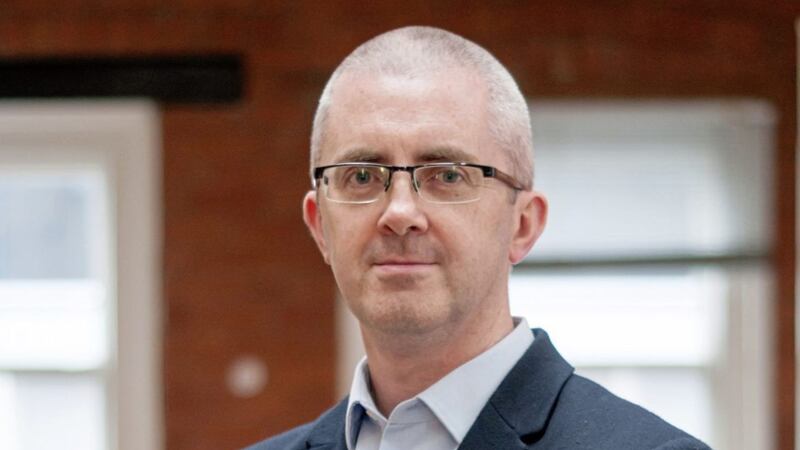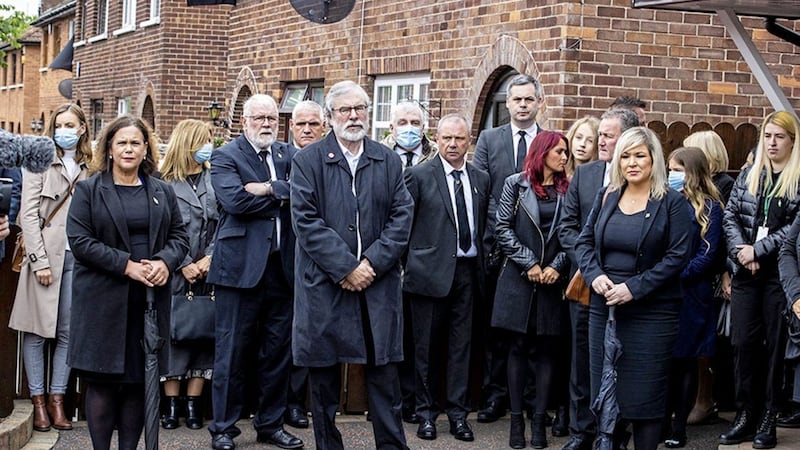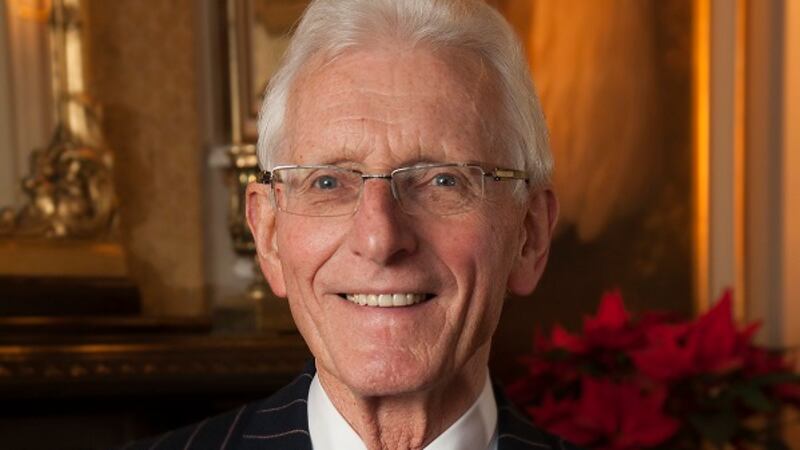THE news media industry is under pressure around the globe and the consequences are clear.
Traditional journalism is under threat. Social media is on the rise. Facts are trumped by opinion and Facebook is shaping elections.
But if these developments are destabilising politics in places like the US and Britain, what impact are they having in societies which already face deep divisions or violence?
A major conference in Belfast will examine the role and responsibilities of the media in deeply divided societies, featuring journalists from South Africa, Colombia, Myanmar, Rwanda, Turkey, the Middle East, the Balkans, Kashmir, Somalia, Syria and Nepal.
There will also be a focus on Northern Ireland, with journalists and community representatives examining major changes in the media here.
A sample of newspaper sales from the weekly and daily markets across Northern Ireland, taken from the year of the Good Friday Agreement in 1998 to today, show declines ranging from 70 per cent to 35 per cent.
These figures do not tell the full story of the papers’ readership levels, of their online editions, or of the value of their indispensable journalism which continues to hold power to account.
The figures are instead part of a global trend, though The Irish News has outperformed outlets across the UK in coping with the industry’s new pressures.
But the pressures exist and we need to mindful for the future.
Chairman of the Press Council of Ireland Seán Donlon said of the Republic’s market in May: “It is a sobering fact that newspaper circulation in Ireland has halved over the last decade. Revenue from advertising is also in sharp decline with a decline of 11 per cent expected this year.”
A report on the US news media published this year found “more than 25,000 fewer journalists are working in communities across the country than in 2007”.
Meanwhile, data for broadcast media here raises other questions.
A 2019 report by broadcasting watchdog Ofcom shows commercial station UTV spent £6.1m on local TV programming in 2018, compared to £21.3m by BBC Northern Ireland.
BBC NI spends millions more on radio and in recent years received an extra £11m for content, plus £77m to invest in its property and technology.
It is important to note that BBC NI provides employment for 700 staff and produces a range of valuable programming, but there is no escaping that its public funding gives it a major advantage over commercial outlets.
As a result BBC NI inevitably dominates public debate, but it faces a huge challenge to meet the complex needs of a deeply divided society, which is more ethnically diverse, has all-Ireland as well as UK-wide interests, and struggles with the legacy of conflict.
Media upheaval and imbalance are contributing to difficulties elsewhere in the world. What impact are they having on our divided society?
Can we draw on international experience to find new ways to support valuable journalism here, for the benefit of all?
:: Former Irish News journalist Steven McCaffery now works for the Social Change Initiative. Its conference ‘The Media in Deeply Divided Societies’ is in Riddel Hall, Belfast, on Nov 8-9.
Tickets are available at www.eventbrite.co.uk/e/media-in-deeply-divided-societies-its-role-and-responsibilities-tickets-74826677607?aff=flyeremail








